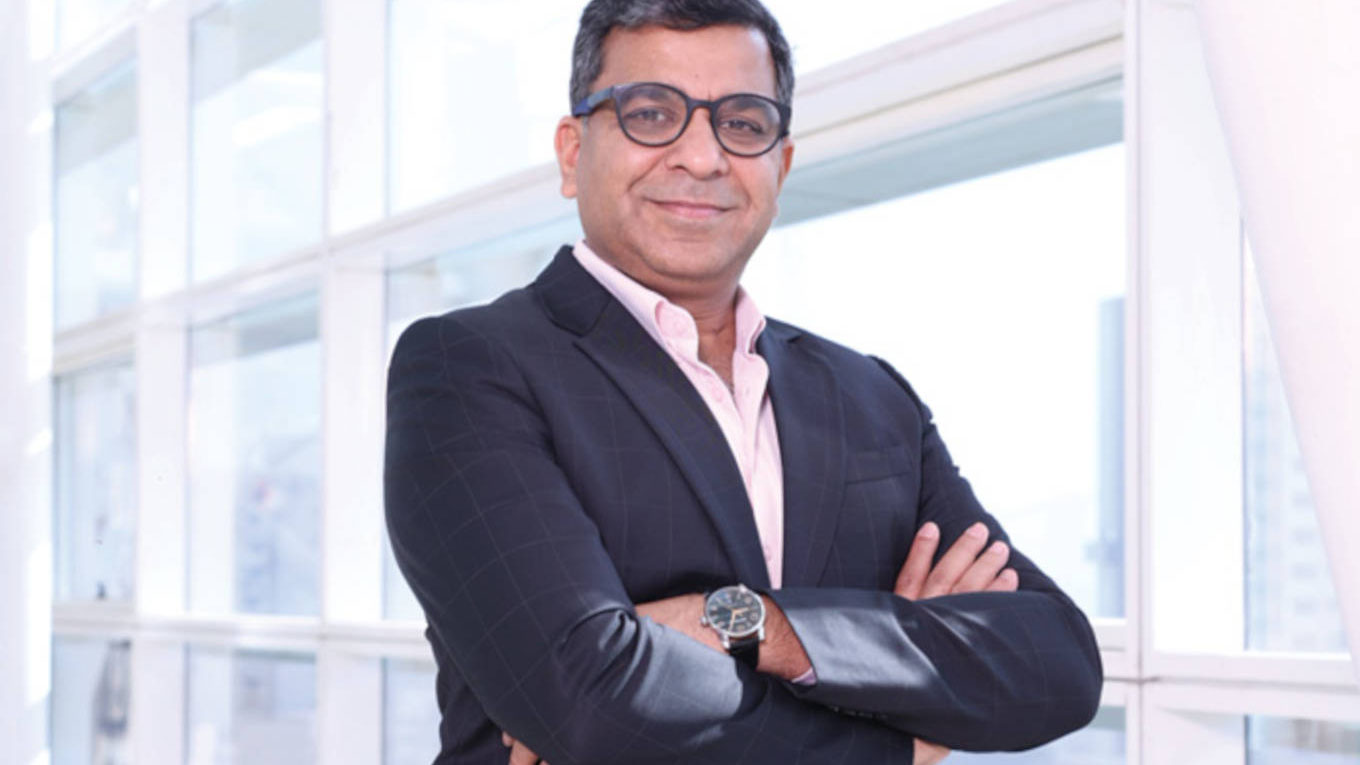-
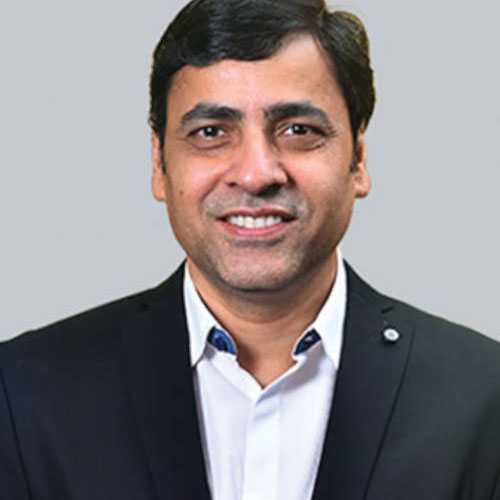
Kedia: employees too invest in the funds
Since its inception, the focus was on providing growth capital to these entities in distant cities as well as partnering with them to scale up profitably. Henry Kravis of the famous buyout firm of KKR on his first visit to India pointed out: “Any fool with money, can invest in a business. What is important is what he does with the business thereafter.”
Tulsyan says that finding one or two gems from a particular place not only changed the fortunes of the company but was also instrumental in changing the entire landscape of that place. Giving examples, he says AU Finance, founded by CA Sanjay Agarwal in Jaipur, was a small NBFC lending money to three-wheelers and used vehicles in rural Rajasthan.
While Sanjay hardly had any money of his own, his do-or-die attitude saw him create a niche for his company. The partnership with Motilal Oswal Private Equity started in 2007 with a small amount of Rs20 crore when the profit of AU was just Rs2.5 crore. Agrawal, much later on said: “I believe investment decisions are driven by intent, not by mandate letters or agreements.” With MOAlt’s help and Sanjay Agarwal’s passion,
AU Finance morphed into a bank in 2015. MOAlt put money both in AU Finance NBFC through Fund 1 and AU Finance Small Bank in Fund 3. The latter is now a listed company with a market cap of over Rs48,000 crore. It provided Motilal Oswal Alternates very good returns.
Success story of AU Finance
Normally, investments are not rolled over from one fund to another. The rationale is that there are enough opportunities to grow in the midmarket segment. AU was an exception. The point is not about AU Small Finance Bank but how the success of AU Finance has spurred a host of NBFCs from Jaipur. There are currently around 75 NBFCs in Jaipur, including Kogta Financial, EssKay Fincorp and SK Finance.
AU Finance Group was one of the multi-baggers. Others include Dixon Tech, Minda Industries , GR Infra. Some of the leading investments made from the 4 equity funds are classified in the table below. Across funds, most investments can be classified across 4 verticals: consumer, manufacturing and industrials, banking and finance, and life sciences.
Across all the private equity funds based on the investments, consumer sector investments are the highest, with niche manufacturing coming at 26 per cent. Investment in financial services accounts for 20 per cent, while pharma and life sciences account for 15 per cent, with the balance 9 per cent of investments in services.
The other differentiator is that unlike foreign funds which created wealth for overseas partners, Motilal Oswal PE as it was called earlier, wanted to tap the numerous HNIs in India. There are enough HNIs in India, and it makes sense to tap this pool of capital. Tulsyan says: “We thought it was better to give opportunities to Indians to share in the wealth creation process. In China, nearly 50 per cent of the funds invested in private equity is domestic money. In India, it is but a small fraction.” He adds that they were not averse to taking global money.
-
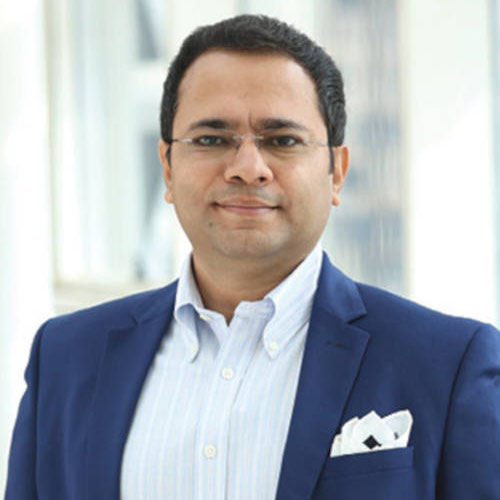
Soni: scaling the business
Over the last 16 years, MO Alternates has raised Rs8,300 crore through 4 private equity growth capital funds, with the last one fetching Rs4,500 crore in record time. It has invested in roughly 43 companies till date. Besides providing growth capital, MO Alternate Investment also has real estate funds with a total AUM of Rs7,500 crore. A new real estate fund is in the process of being launched.
The first equity fund yielded an internal rate of return of 26.8 per cent across the total of 9 exits from the fund. Exits, like most private equity funds, are through IPOs. From the first fund, Parag Milk Foods, Dixon Technologies India, AU Financiers, IMP Powers and Time Technoplast, amongst others.
A team of well-qualified leaders are leading investments across these four verticals. Private Equity has its own research team different from the MOFSL research team. What is noteworthy is almost all team leaders are chartered accountants with a few drawn from the Big 4. Real estate has two heads while private equity has 4.
Besides these four, there is a CFO and a COO on the leadership side. The teams are empowered to monitor investments and sit on the directors’ boards of the investee companies. Tulsyan does not sit on any of the investee companies and allows his team to interact with the boards.
To give confidence to the investors, the employees also invest in the funds. There is no compulsion. “Employees are investing because they want to invest,” explains Bharat Kedia, COO. Kedia, who had done his CA and CS from Ranchi and Jamshedpur, says: “It also gives a sense of confidence to the investors in the market.”
Kedia had earlier served with Coca-Cola in Eastern Europe and Parag Milk Foods is on the board of some of MOA investee companies like Dairy Classic. Kedia says that there is a review meeting held every Thursday and a structured meeting held every Friday with team members making presentations. An investment meeting is held once a month where senior members like Raamdeo Agrawal also attend.
Ground rules
Chandrakant Soni, Chief Business Officer, is largely in charge of strategising, execution, and scaling the business. He is also responsible for raising funds. Having been in the mutual fund industry like Birlas and others, Soni’s last engagement was at MOFSL mutual fund. He says that: “The last fund of equity, which was closed at Rs4,500 crore, was done in record time, in a matter of a few months. In February-March 2021 during the Covid period, we raised Rs650 crore just before the second wave of Covid began. We had internally pruned our target to Rs800 crore. We did the first close at Rs2,850 crore in May-June and ultimately closed it at Rs4,500 crore in March 2022, with strong HNI inflows and institutions coming in.”
Nearly 90 per cent of the real estate funds are invested by HNI and family offices. Institutions like IFC, SBI, HDFC, and Max Group are among the institutional investors. Soni points out that in real estate funds, the raise is guided more by cycles and the amount of dry powder available. Normally, work on raising funds starts when nearly 50 per cent of the funds are invested. Many investors are regular ones.
-
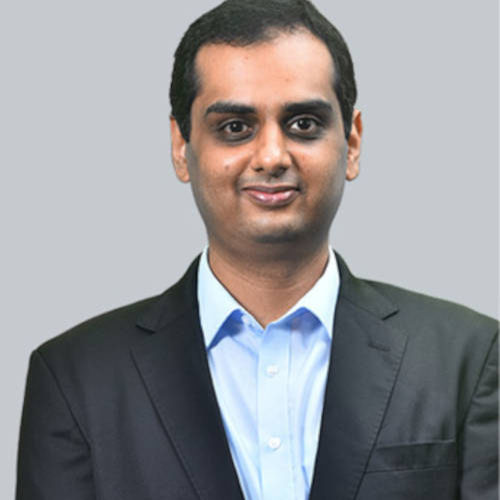
Mehta: We are a stable partner
There are certain ground rules followed for investment in equity. MO Alt follows the QGLP principles. ‘Q’ stands for quality of managing and quality of business. As a thumb rule, they invest in companies where the business model is evolved and the business has a competitive advantage. Growth requires the businesses to have a 20 per cent compounded growth rate both in top line and bottom lines. ‘L’ stands for longevity, implying that the business has a competitive edge and is hard to replace. ‘P’ stands for price. Even if all criteria are in place, the focus should be on reasonable valuation, which provides a margin of safety.
Like other private equity funds, MO Alt is involved in regular engagement, and senior members reach out to all investors at least once a year. One-on-one meetings are held. The company’s AGM also provides a good opportunity for investors to interact with the management. Periodic newsletters are also used as a medium of informing investors. This is one of the reasons that many investors remain loyal and invest in subsequent funds floated by MO Alt.
“Companies look to MO Alt for more than just their capital needs. Equity is a base compound; investee companies look to us for providing strategic value,” says Vineet Mehta, MD in charge of the BFSI vertical, adding that “We are a stable partner, staying for 7-9 years with the company on average”. A CA who graduated from NM College in Mumbai, Mehta joined the firm 4 years ago. Prior to joining Motilal Oswal, Mehta was at Kotak Investment Bank and had executed around 40 deals. Like all MDs at MO Alt, Mehta is in charge of deal sourcing, execution, monitoring, raising funds, and handling exits from the portfolio.
Deal sourcing is done through their in-house team as well as following the leads given by Motilal Oswal’s franchisees and a network of consultants. Several practising CAs also reach out to MOAlt for their clients as well as provide leads to good companies in need of capital. The internet is also a great platform that facilitates direct searches. The MOFSL network also provides some promising leads.
Having a full-service financial servicing outfit allows a lot of synergies to be shared. During exits, Motilal Oswal Investment Bank is generally one of the lead bankers. Its NBFC can also be sourced for meeting the funding needs of clients if required. If nothing else, it provides comfort to the client, even if all operations are done at arm’s length.
Breeding entrepreneurs
Over the last few years, there have been several engineering and management graduates who prefer to start their own businesses rather than work in multinationals. The Make in India initiative has also bred entrepreneurs of a different kind. In many areas that were hitherto seen as the domain of MNCs, several Indian companies are trying to build their niche market. In sports shoes and footwear, there were a handful of established brands with many not fearing to enter.
Given the rising aspiration of Indians for branded sports and footwear, MO Alt recently invested Rs225 crore in a midsize company, Asian Footwear. Built by a first-generation founder couple, Rajinder Jindal and Kiran Jindal, the company is now led by second-generation IIT Delhi graduate Aayush. Prakash Bagla, MD, and head of the manufacturing vertical, comments: “We were excited to partner with them and create a leading footwear brand for both the domestic and overseas markets.
Emerging companies such as Asian, with a focus on the global market, are expected to reduce India’s dependence on imports and help achieve India’s dream of Atma Nirbhar Bharat.” Bagla, who has been with the firm since early days, has made several good investments across funds in this vertical. A CA from Kolkata, Bagla had worked with Aditya Vikram Birla group’s private company Essel Mining. He also played a key role in the exit of the group’s overseas plantations.
-
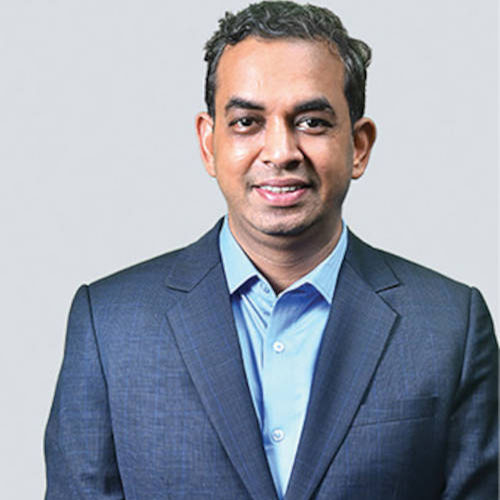
Bagla: excited to partner with Asian Footwear
Rohit Mantri, MD, heading the Life Sciences space, is fond of talking about his investee companies. A CA who worked with PwC and KPMG, handling their investment banking and IPO segment, Mantri loves to talk about Molbio Diagnostics, a Goa-based company that has now joined the unicorn club. He says: “We invested in this company just a few months ago.”
Known for its Truenat technology, a battery-operated real-time PCR platform, the company was used to test TB cases across the country and became popular during the Covid period. Its RTPCR tests were instrumental in early identification and allowed early treatment of the dreaded disease. The company’s Truenat technology can be used for diagnosing as many as 40 infectious diseases, including Covid-19, TB, Hepatitis, HIV, dengue, and malaria.
Explaining the process of deal-making, Mantri says: “Decision-making for deals is collective. It is not an individual’s decision. At least two people have to concur in making a decision. This would then go to the investment committee, and if found suitable, the MDs would meet the promoters once or even twice or thrice until they are convinced.” He adds: “We are not a flamboyant private equity company. We are happy not to make money, but even happier not to lose money.”
“We do not have any affinity for any particular geography,” comments Vijay Dhanuka, MD, and head of the consumer segment, the other member of the quartet. “We do not invest in certain sectors like telecom or IT or real estate which are also consumer-facing.” Some of the investments, however, are based in Karnataka. Happilo International is one of the health food brands, having branded dry fruits.
Kushal Jewellers is also based in Bengaluru, as is Dairy Classic, an ice-cream manufacturer. Cycle Agarbattis, a brand of N Rangarao & Sons, is also based out of the same city. Dhanuka, however, points out that brands like Asian Footwear, which is a Delhi-based brand, Pan Healthcare, better known for its adult diapers, and Liberty, a brand based in Rajkot, are also part of their portfolio.
-
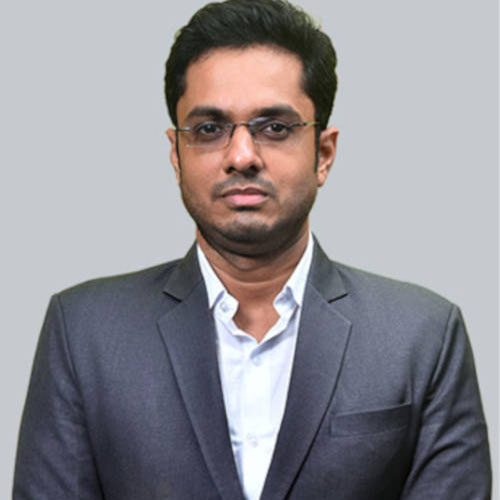
Dhanuka: no affinity to a particular geography
Real estate
Real estate, though not as glamorous as equity investments, has been providing a steady stream of opportunities for investment. It also allows HNIs to diversify their portfolio from equity exposure to other asset classes. Risk is limited by proper due diligence at the initial stage. “We take care in choosing partners and avoid key realtors and those with political linkages. We are in control of cash flows. We provide flexible capital and look at revenue sharing,” says Saurabh Rathi, MD, and co-head of the real estate vertical.
An engineer from BITS, Pilani, Rathi had done his management from Jamnalal Bajaj Institute, Mumbai. “We focus on developers from the land acquisition stage itself and partner with them. When everyone was lending post-approval, we were looking at funding the pre-approval of the project,” says Anand Lakhotia, MD, and co-head, property. Real Estate has a 25-member team, of which 12-15 are in the investment team. Lakhotia is in charge of deal sourcing, investment, exits, and fundraising. MOAlt is now gearing up for the launch of the new real estate fund. They are planning to raise R2,000 crore, which will be the largest amount they will have raised so far.
MOAlt as a private equity fund differs from other funds in that it embraces transparency. It comes out with a book giving details about the promoters of the investee company and lists their trials and tribulations. The latest book ‘My Way 3.0’ details some of the leading investee companies, including AU Small Finance Bank, Cycle Agarbattis, Happilo, Kreditbee, Molbio Diagnostics, among others. While the book lists success stories, it also serves as an inspiration to other promoters. “If he can do it, why can’t I?” is a question that would be raised in every promoter’s mind.
Tulsyan’s personal philosophy is simple. Do things that are right, and success will never elude you. Impossible is not a word in his lexicon, just like one of his favourite Bollywood characters. With age and experience in his favour, the Tulsyan-led MOAlt has a lot of work ahead. While he and the team realise that the path ahead is not smooth, sticking to the path will undoubtedly pay off for the institution as well as the investors backing him.
